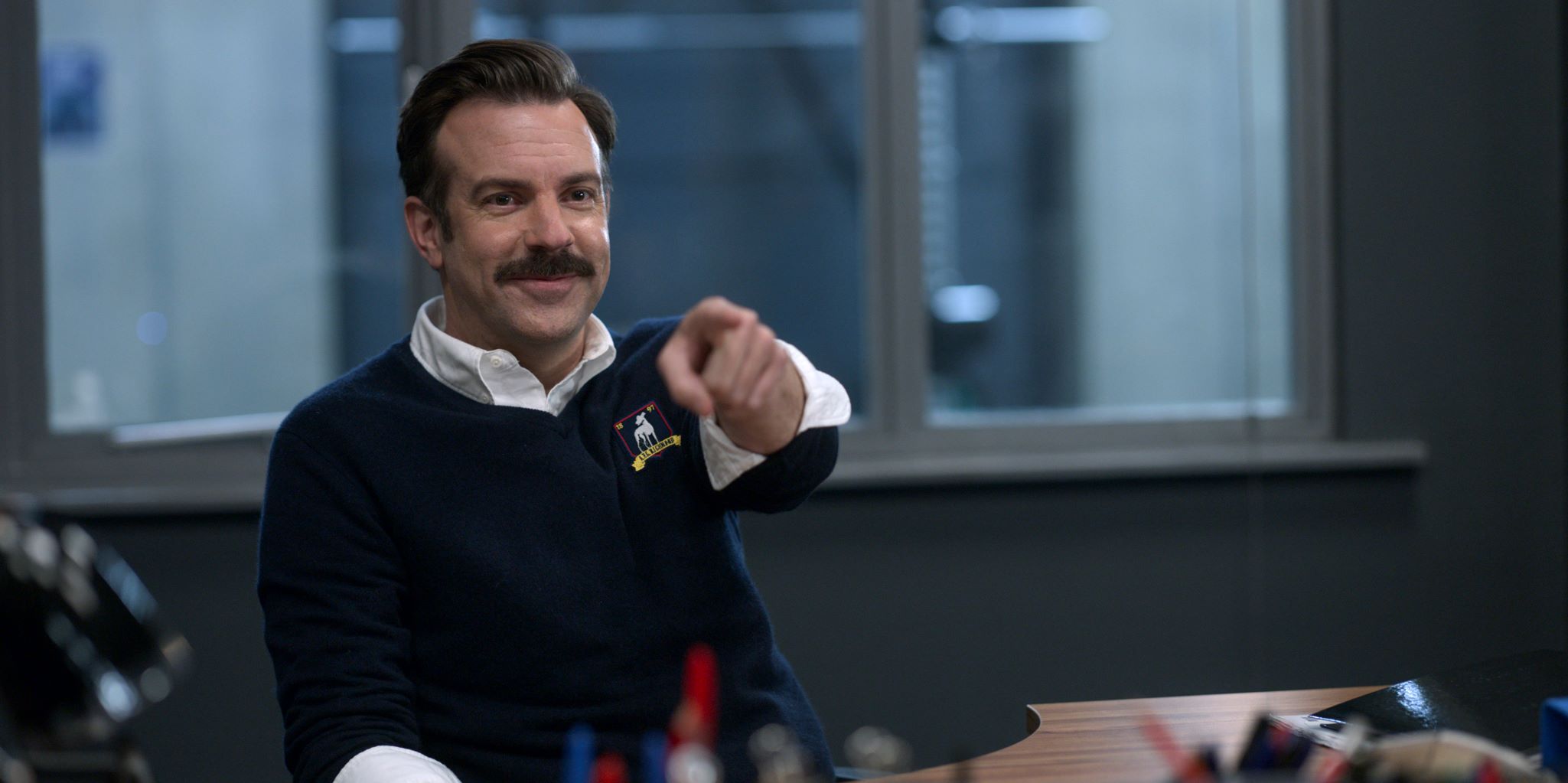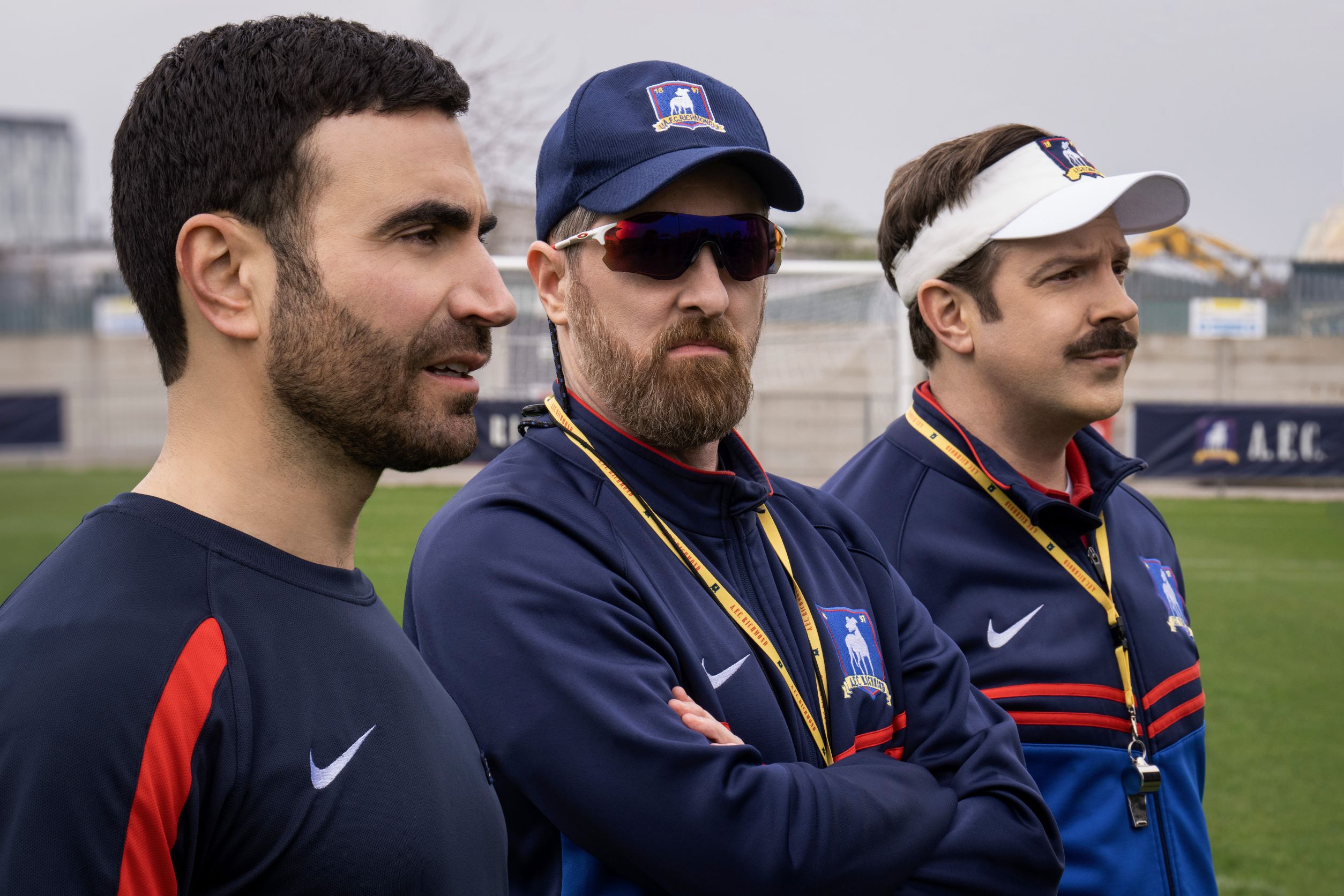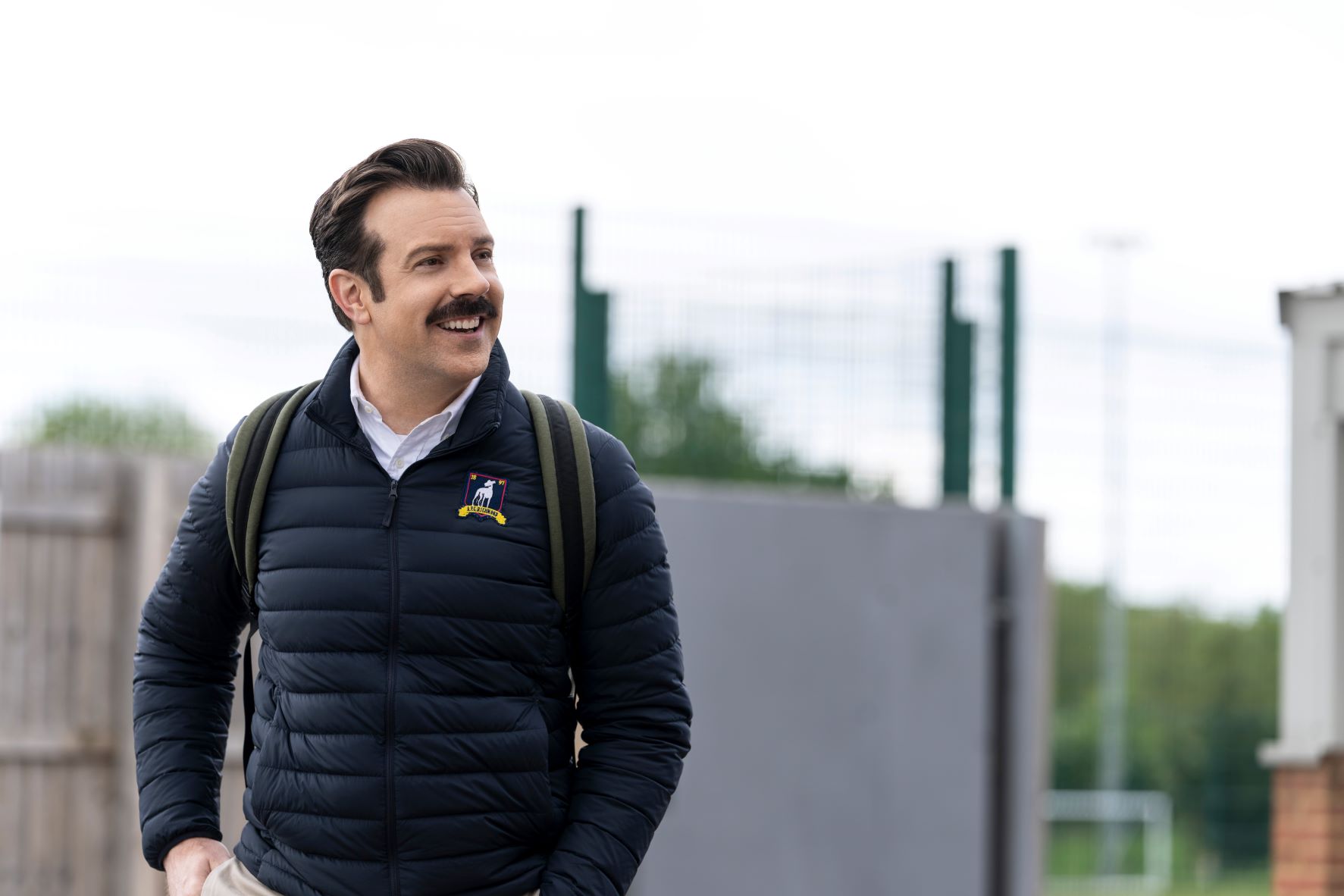
Ted Lasso has many lessons for teachers when viewed through an education lens. This shouldn’t be surprising as the show, which has its season three debut March 15 on Apple TV+, was inspired by an educator. Star and co-creator Jason Sudeikis, who plays the perpetually optimistic and perpetually mustached title character, based Lasso in large part on Donnie Campbell, his former real-world high school basketball coach and math teacher.
I interviewed Campbell in 2021, and it was easy to see why Sudeikis had been so inspired by him. Like the fictional Lasso, Campbell prioritizes human connection, mentorship, and relationships above all else. As an educator, I find the motivational strategies Lasso has shared on screen so far to be helpful and a good reminder of what a true teacher and mentor can do when we’re at our best.
I’m looking forward to what season three has in store. In the meantime, the first two seasons of the show serve as good reminders of just how far positivity, curiosity, kindness, and caring can go toward inspiring and leading students, and also just how bad tea tastes.
Here are my teaching tips from Ted Lasso.
1. Subject Matter Expertise Isn’t Everything
When Lasso arrives in England in season 1, he knows next to nothing about soccer (even by the end of season 2 his knowledge seems pretty rudimentary), but that doesn’t stop the eager Yankee from helping his players grow both on and off the field, even if actually winning soccer games is only sometimes a part of that growth. It’s a good reminder that our job as a teacher is not always to teach students what we know but help guide them on their own education journeys, mentoring or coaching them on their accumulation of knowledge rather than imparting our wisdom to them.

2. Curiosity is Key
In one the show’s signature scenes, Lasso engages in a high-stakes dart game and surprises everyone with his bullseye striking abilities. “Guys underestimated me my entire life,” he says in the scene. “And for years, I never understood why. It used to really bother me. But then one day I was driving my little boy to school and I saw this quote by Walt Whitman and it was painted on the wall there. It said: ‘Be curious, not judgmental.’”
Lasso realizes that those who underestimate him shared a common trait: lack of curiosity, and never stopped to wonder about him as a person or ask questions about his expertise.
Curiosity is what makes Lasso who he is and one of the most important attributes students can have. Once we get students curious about learning, the rest is easy. Okay, easier.

3. Don’t Be Afraid to Incorporate Ideas From Others
One of Lasso’s strengths -- arguably his only -- as a soccer strategist is his willingness to incorporate ideas others have without his ego or authority being threatened. Whether taking advice from Coach Beard, Roy Kent, or Nathan (at least in season 1), or learning trick plays from his players, Lasso is always willing to listen to new ideas. This is particularly important for teachers who now need to constantly adapt to new technology and be willing to reach out to colleagues and students to learn about everything from new digital platforms to what kind of music students are listening to.
4. Positivity Isn’t a Miracle Cure
“Be positive” is Lasso’s motto but in season 2, he and other characters learn positivity alone isn’t always enough. The season frequently features darker themes and not-so-happy-go-lucky twists, much to the dismay of some viewers. And while we can debate the merits of the direction season 2 took from a dramatic perspective, it’s certainly true in life and in the classroom that just being positive can’t overcome all obstacles. No matter how hard we work and upbeat we are, we’ll encounter stumbling blocks, obstacles, and losses. Avoiding toxic positivity means not glossing over the struggles of students, colleagues, and ourselves. In other words, even if we choose to see the cup as half full, we have to acknowledge that sometimes it’s half full of tea.
5. Winning Isn’t Everything
Lasso cares more about the players on his team than he does about winning. And while that might not be the attitude you’d prefer the coach of your favorite sports team to have, there’s a lesson there for teachers. As educators, we’re rightly concerned with scores and how well students understand the subjects we’re teaching, but although assessment of student academic performance is important, the impact of a good class is about more than just the final score or grade, and education is not zero sum. Often as adults look back at their education, they don’t remember what an educator or mentor taught them about a specific subject, but they do remember the way that educator cared about them as a person, and got them excited for class, whatever that class was. Sometimes it really isn’t the final score that counts but how you played the game.
Bonus Lesson: Tea is Terrible
This vital lesson about “garbage water” is likely not part of your curriculum but it should be.







